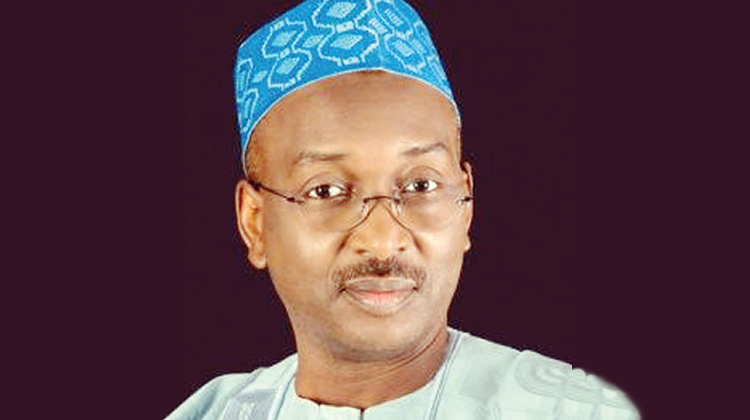Salihu Lukman, a former National Vice Chairman of the All Progressives Congress (APC), has voiced deep concerns about the party’s trajectory, arguing that it has strayed from its foundational principles of progressivism and is increasingly mirroring a centralized, almost monarchical structure. He laments the abandonment of internal party contests, replaced by a system of automatic adoptions for key positions, from the presidency to governorships and legislative seats. This shift, he contends, undermines the democratic spirit of the party and stifles internal competition, potentially hindering the growth and development of robust leadership within the APC. Lukman’s critique highlights a broader concern about the nature of political parties in Nigeria, suggesting that many, including the APC, fail to function as genuine parties in the classical sense. He argues that true political parties are characterized by adherence to their constitutions, regular internal meetings, and accountability of elected representatives to the party structure.
Lukman’s disappointment in the APC’s current direction stems from his involvement in the party’s formation. He envisioned a progressive platform that fostered internal democracy and accountability. The current system of automatic adoptions, he argues, not only contradicts these ideals but also creates a political environment where loyalty to individuals supersedes commitment to the party’s broader goals and principles. This centralization of power, according to Lukman, weakens the party’s ability to adapt to changing political landscapes and respond effectively to the needs of the Nigerian people. He suggests that the lack of internal contests leads to a less dynamic and responsive political system, potentially limiting the party’s capacity to address complex national challenges and effectively represent diverse interests.
In response to this perceived decline in the APC’s democratic values, Lukman has been actively involved in forging a new opposition alliance. He reveals that negotiations for this coalition have been underway for over a year and are nearing completion. The purpose of this alliance, he explains, is to challenge the existing political status quo and offer a viable alternative to the current dominant parties. The coalition aims to contest the 2027 general elections either by forming a new political party or by transforming an existing one. Lukman dismisses claims that some governors were not part of the coalition, suggesting their recent alignment with the APC demonstrates their allegiance to the ruling party, rather than a genuine disinterest in the new alliance. He emphasizes the coalition’s determination to proceed with its plans, confident that it can present a credible challenge in the upcoming elections.
The driving force behind the coalition, according to Lukman, is the perceived crisis within Nigeria’s democratic landscape, specifically the absence of genuine political parties. He asserts that the prevailing political structures prioritize individual interests and power consolidation over adherence to democratic principles and accountability. The coalition seeks to address this deficiency by establishing a party that embodies true democratic values. Lukman highlights that negotiations are currently focused on transforming an existing party, rather than creating a new one from scratch. This strategic choice, he suggests, allows the coalition to leverage existing infrastructure and potentially gain access to a pre-existing voter base, while simultaneously implementing significant changes to the party’s structure and ideology.
The coalition’s engagement with the existing party is predicated on several key conditions. These include a complete overhaul of the party’s leadership, significant constitutional reforms, and the cultivation of a new internal culture that prioritizes transparent and competitive internal elections. Lukman emphasizes that the coalition is not merely interested in acquiring power for its own sake. Rather, its overarching goal is to fundamentally reshape the Nigerian political landscape by fostering a culture of internal democracy, accountability, and responsiveness to the needs of the citizenry. He envisions a system where elected officials are answerable to the party and the people they represent, thereby strengthening the foundations of Nigerian democracy.
Lukman believes that this new political entity will offer Nigerians a refreshing alternative, addressing the widespread frustrations with the current political system. By promoting internal contests and ensuring accountability, the coalition aims to build a party that is genuinely representative and responsive to the needs of the people. He underscores the importance of a political environment where winners emerge through fair competition and elected officials are held accountable for their actions. This, in his view, is crucial for building a stronger democracy and fostering trust between the government and the governed. The coalition’s success, he suggests, will not only be measured by electoral victories but also by the extent to which it can transform the Nigerian political landscape, fostering a more democratic and accountable system of governance.


